Which career path has consistent growth, pays a starting salary of $48,089, and doesn’t require a degree?
Let us re-introduce you to construction, the career where your worker’s contributions will still be standing in 100 years. A construction career offers people the chance to work with their hands, be part of a team, and advance with specialized skills and management opportunities. Most learners don’t list construction high on their list of dream careers, but there are many reasons to reconsider.
Construction job postings surged 41% year-over-year in 2024. Wages are growing at the fastest rate in 40 years, with 81% of construction firms raising base wages this year and 44% offering extra incentives and bonuses. This comes in part as construction firms work to replace retiring workers, and find few qualified workers to take their place.
If you need a reliable vocation to place job-seekers, consider adding a construction job-ready program where you can train learners and job-changers alike as construction workers.
Elements of an Effective Job-Readiness Program for Construction
Construction doesn’t require a college degree, which makes it a prime option for job-seekers of any background. Still, there are qualifications to meet and elements that define an effective program. Here’s what a high-quality job-readiness program for construction should include.
1. Career Exploration
Career guidance starts with helping people explore which career paths they are most likely to succeed. Tools like a career exploration quiz help job-seekers identify their strengths and narrow down their best options. While craft positions like electrical, welding, or carpentry hold appeal, general construction positions are also a solid choice.
Next, high-quality programs give job-seekers early exposure to hands-on experience in a career path. While job-seekers may not be able to walk on a construction site on their first day, they can explore a career through immersive virtual tools. For example, Interplay Learning’s career exploration courses integrate video and 3D simulations to introduce learners to construction, letting them see a day in the life of that career and even practice some of the activities, such as building a floor frame.
With this element, learners can self-select into a career path and learn with higher engagement than they otherwise would have. The inverse is also true— they’ll discover quickly if a career path isn’t for them before investing too much time.
2. Effective, Self-Led Training
Today’s job-seekers come to the table with a wide range of needs. Some are high school learners while others work full-time or balance caregiving responsibilities.
Some need extra support, while others advance quickly through a curriculum.
A self-led construction program lets participants work through the curriculum at their own pace, on their own time. This approach gives learners ample opportunity to understand the theory of what they’re learning and then practice it as much as they need to.
With a self-led program, there’s also the benefit of allowing learners to progress before going into the lab or field. For example, an electrical learner can start by watching videos about fundamental electrical concepts, and then complete unlimited practice in an immersive guided experience. Once they are ready, they can progress to field practice with better safety, preparation, and confidence.
Self-led training doesn’t mean that learners are learning alone. Blended teaching methods are a great way to integrate theory, hands-on practice, and assessments to guide participants through a program. Knowledge checks assess a learner’s mastery of a subject, alert instructors to their progress, and reveal where they need more support.
3. Soft Skills
Of course, job-seekers need more than technical expertise to succeed in construction. Soft skills like communication, collaboration, customer service, and time management are important.
To teach and assess soft skills, tie the skills back to how they will be useful in the workplace. For example, lessons on things such as avoiding callbacks, dealing with difficult customers, and working on a team are going to help participants learn communication and de-escalation skills in a highly applicable setting.
4. Certifications
Beyond technical knowledge and soft skills, the top asset that job-seekers bring into the job market is certifications. Industry certifications vouch for a person’s skills and give them a major advantage over other applicants. Some construction positions require basic certifications to work on-site, and employers can’t meet demand.
Examples of certifications that are important for construction include the NATE Ready-to-Work Certification, EPA 608, OSHA 10, and the HVAC Excellence Employment Ready certification for job-site safety.
When job-readiness programs offer certification preparation and examination as part of their curriculum, they place job-seekers in a position to enter the workforce immediately after completion.
Build Up a Skilled Construction Workforce in Your Area
As the construction workforce ages, there is an opportunity to build up a new generation of construction professionals. In a survey of high school and college-age people by software company Jobber last year, 75% said they would be interested in vocational schools offering paid, on-the-job training. By connecting job-seekers’ sense of purpose with construction opportunities, you can help fill the skills gap.
To build a pipeline of qualified construction talent, you don’t need a team of local trades experts to start. You can launch a training program with an out-of-the-box certificate program.
Interplay Academy offers a ready-to-deploy construction program that supports job-seekers through a self-led and immersive program led by experts. The program provides job-ready insights for program administrators to track progress and outcomes along the way.
Learn more and explore Interplay Academy by contacting our team.










